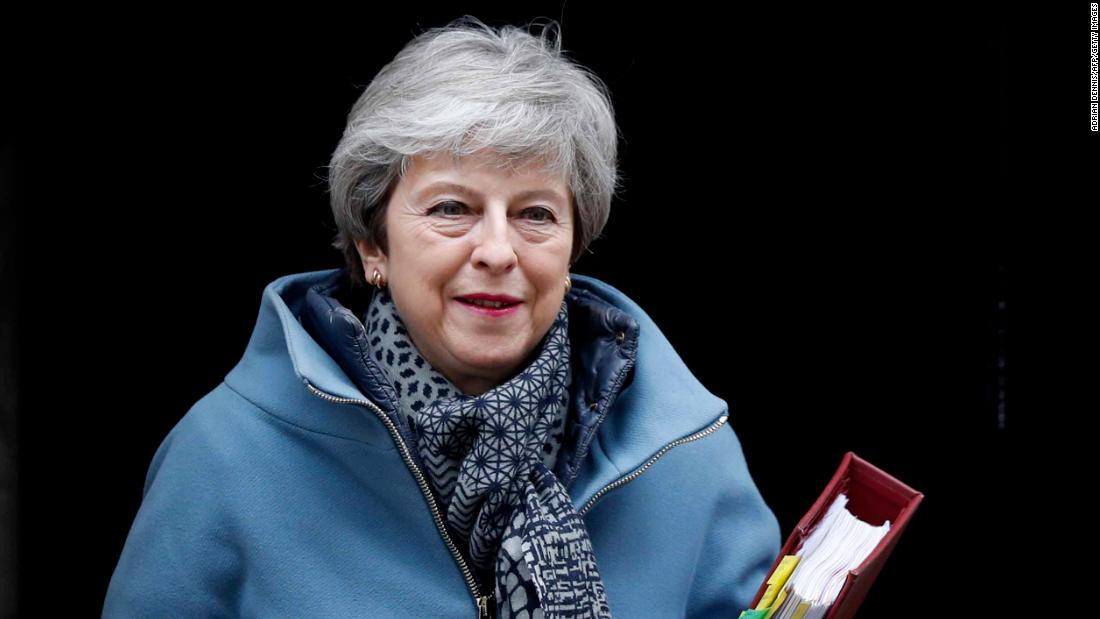[ad_1]
None of eight alternatives to May’s deal won a majority of votes after an unprecedented day of debate when the government had lost control of the parliamentary timetable.
The Prime Minister said she would step down once Brexit has been delivered, bowing to intense pressure from her own party and making the offer to resign in an attempt to persuade lawmakers to back her EU withdrawal deal.
MPs then failed to give an outright majority to any of the eight alternative Brexit options considered in the House of Commons. Conservative lawmaker Oliver Letwin, the architect of the plan to hold the votes, faced angry calls to cancel further voting on Monday.
Earlier on Wednesday, May told the 1922 Committee, the influential group of all backbench Conservative Members of Parliament, that she will make way for another Conservative leader so that lawmakers could complete their “historic duty” and “deliver on the decision of the British people and leave the European Union with a smooth and orderly exit.”
“I am prepared to leave this job earlier than I intended in order to do what is right for our country and our party,” May said on Wednesday according to excerpts of her speech released by Downing Street.
“I know there is a desire for a new approach — and new leadership — in the second phase of the Brexit negotiations — and I won’t stand in the way of that.”
Conservative Party lawmaker Simon Hart said of May: “She has said that she will not stay through to the next phase of negotiations. If they (MPs) back the deal she will go.”
“No timescale was talked about or given,” Hart told CNN. “The implication was if she gets her deal through, that will kick start the process to find a new leader almost immediately.”
He added that the atmosphere was “respectful” and May “was as animated as I’d ever seen her at committee. She was passionate but not emotional. We are all traumatized at this point by these negotiations.”
Parliamentary arithmetic
But parliamentary arithmetic for May’s deal still looks difficult as she will need to flip 75 MPs to turnover her loss.
Brexit Secretary Steven Barclay nonetheless implied that MPs will vote May’s deal for a third time on Friday.
“It remains the government’s priority to secure approval of the agreement this week to allow us to leave the EU in an orderly fashion,” Barclay told lawmakers in the Commons Wednesday. “It is only by doing this that we can be guaranteed to leave the EU on May 22 and not face a cliff edge in two weeks’ time.”
Opposition Labour party leader Jeremy Corbyn called it another example of May prioritizing the Conservative party over the national interest.
[ad_2]
Source link


